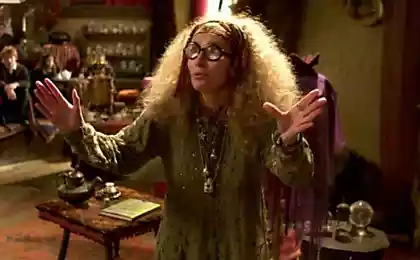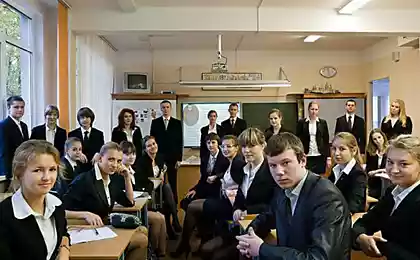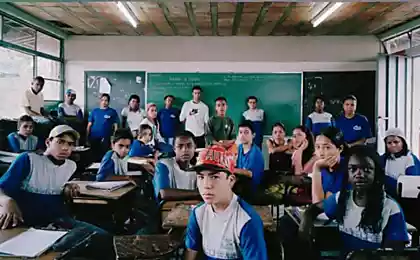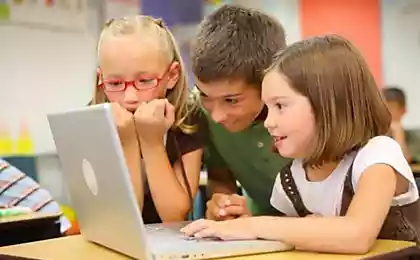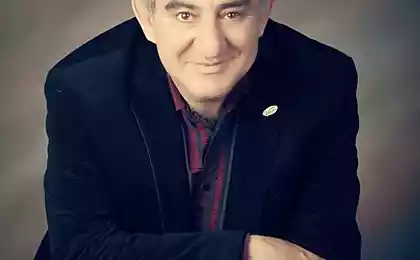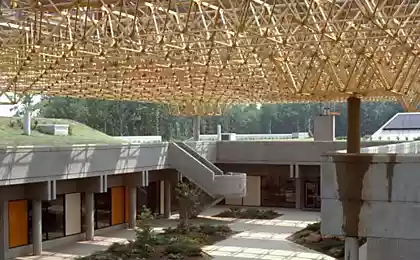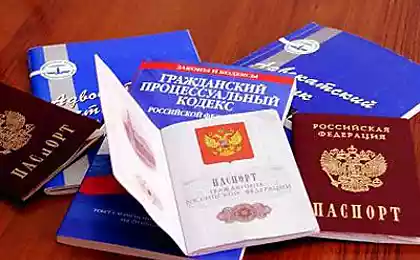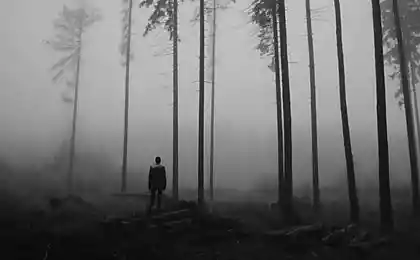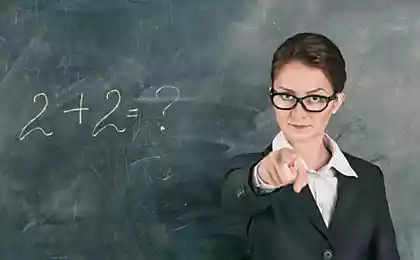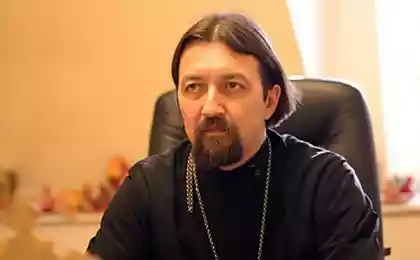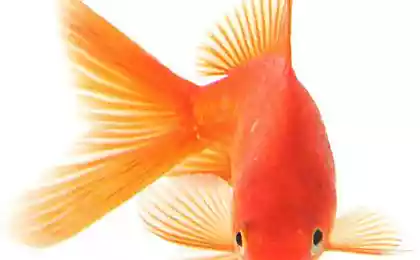151
Children of the 21st century are unlikely to be lucky enough to meet a beekeeper, maybe you should adjust the program on Russian language and literature?
It is said that people intending to succeed, allocate to reading books on self-development, popular science and professional literature at least 30 minutes a day. But there are those who, apart from the Instagram feed, have not read anything since school. And in school, they didn’t bother themselves with this boring activity. They probably include a girl who complained about the wrong question during a centralized Russian language test.
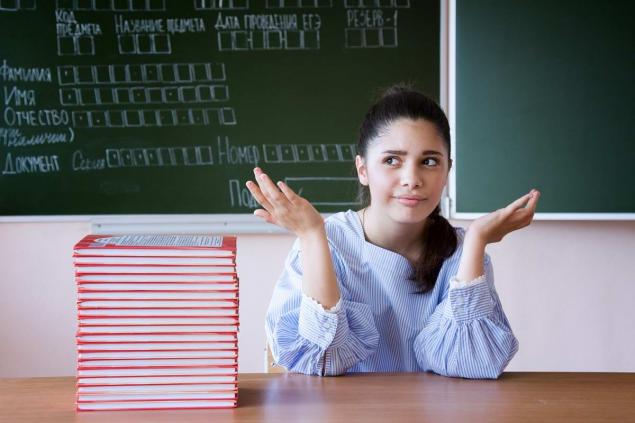
The wrong question “They have an error test, and children suffer because of this!” complains the hapless student. Maybe the examiners were wrong. Well, we're all human, sometimes. Illiterate MPs now meet everywhere, maybe the Ministry of Education was able to leak.
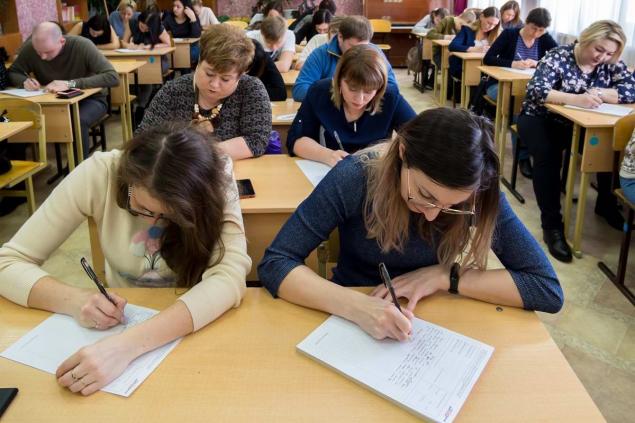
The task asks which words are written together and which are written through a hyphen. And one of the answers is "chicken-layer."

"Where's the mistake?" you ask. According to the graduate, she perfectly learned in school, when it is “not” you need to write separately, and here is the case: “Chicken is not drying”! And with this you can not argue, chicken really can not be called a variety of lamb products.
Nothing foreshadowed trouble when the teacher asked the children to draw a picture of Pushkin’s poem.
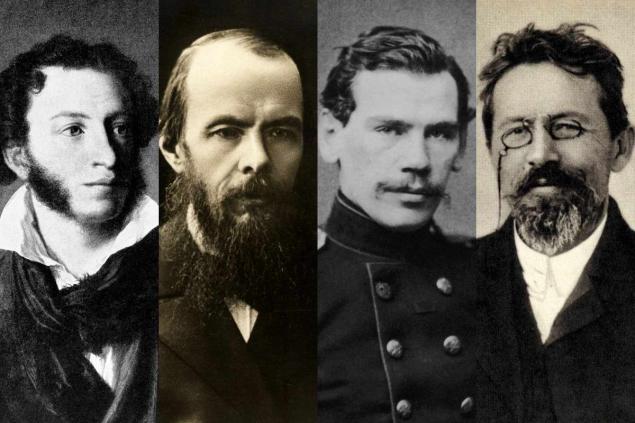
GettyImages Braces furry exploding,
It's a long way off.
The pit sits on the irradiation
In a toulupe, in a red kushak.
However, childhood fantasy faced ignorance of outdated words and suddenly filled the gaps in the vocabulary in the most bizarre way.
Put yourself in the place of a child for whom the first class is like an institute: what are the reins, a cybitka, what are the radiations?

When you don’t know six words in four lines, you have to think logically. It's flying, so it's some kind of aircraft. They are furry, so we are talking about animals. Whether beavers, or thrushes, or maybe something in between.
Then more. Who's a ditch? Obviously, someone who digs holes. What's he sitting on? A hoop, a beam, maybe an irradiator. Understand these classics and find out exactly what they meant. As a result, a certain “qubitcolet” (from the words “cube” and “fly”) appeared on the children’s drawing, which maliciously waters the lead of poor brazds. And next to the edge of the hole he dug is someone like Santa Claus. Why did you dig it up? So bury the reins, it makes sense!
And do modern children need irradiation, braces and laying hens? Some of these stories will make you smile. But in fact, there are questions that urgently require us to answer. Do children need all these rays, braces and other pearls of elegant literature of the nineteenth century? And what's wrong with a city girl not hearing about a layman?
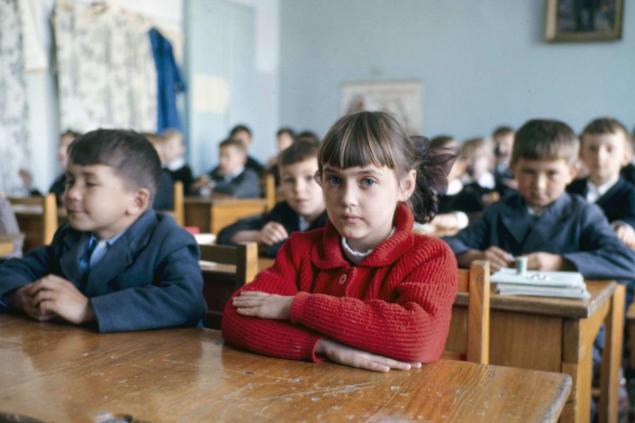
GettyImages Horace once said that words, like leaves, are born, flourish, decay and pass away to make room for new ones. So let them get old, and we will forget all these archaisms and speak normal modern language. After all, you will agree that in real life, the children of the XXI century are unlikely to ever need a box.
There are also more radical views. Thus, the founder of the Briefly website with brief descriptions of literary masterpieces Alexey Skrypnik believes that literature in its modern form is not needed at school at all. It is simply not performing its functions. First of all, it does not teach children morality.

Classics, if you look at the truth, all consists of too serious for children's perception of the works. At the same time, instead of learning to talk about things that are relevant to them (family, parents, relationships with peers, friendship and first love), students learn answers to questions invented by someone for years, without even having the opportunity to depart from their official interpretation.
According to Alexei, in the future, a new course should come to replace literature lessons, where schoolchildren will communicate, talk about patriotism, freely discuss culture and morality. Well, with the content of certain classical texts, the younger generation will always be able to familiarize themselves if they are really interested.
In our opinion, quite controversial arguments. Do you think children need literature classes and those rays today?
The article and the preview used photos.

The wrong question “They have an error test, and children suffer because of this!” complains the hapless student. Maybe the examiners were wrong. Well, we're all human, sometimes. Illiterate MPs now meet everywhere, maybe the Ministry of Education was able to leak.

The task asks which words are written together and which are written through a hyphen. And one of the answers is "chicken-layer."

"Where's the mistake?" you ask. According to the graduate, she perfectly learned in school, when it is “not” you need to write separately, and here is the case: “Chicken is not drying”! And with this you can not argue, chicken really can not be called a variety of lamb products.
Nothing foreshadowed trouble when the teacher asked the children to draw a picture of Pushkin’s poem.

GettyImages Braces furry exploding,
It's a long way off.
The pit sits on the irradiation
In a toulupe, in a red kushak.
However, childhood fantasy faced ignorance of outdated words and suddenly filled the gaps in the vocabulary in the most bizarre way.
Put yourself in the place of a child for whom the first class is like an institute: what are the reins, a cybitka, what are the radiations?

When you don’t know six words in four lines, you have to think logically. It's flying, so it's some kind of aircraft. They are furry, so we are talking about animals. Whether beavers, or thrushes, or maybe something in between.
Then more. Who's a ditch? Obviously, someone who digs holes. What's he sitting on? A hoop, a beam, maybe an irradiator. Understand these classics and find out exactly what they meant. As a result, a certain “qubitcolet” (from the words “cube” and “fly”) appeared on the children’s drawing, which maliciously waters the lead of poor brazds. And next to the edge of the hole he dug is someone like Santa Claus. Why did you dig it up? So bury the reins, it makes sense!
And do modern children need irradiation, braces and laying hens? Some of these stories will make you smile. But in fact, there are questions that urgently require us to answer. Do children need all these rays, braces and other pearls of elegant literature of the nineteenth century? And what's wrong with a city girl not hearing about a layman?

GettyImages Horace once said that words, like leaves, are born, flourish, decay and pass away to make room for new ones. So let them get old, and we will forget all these archaisms and speak normal modern language. After all, you will agree that in real life, the children of the XXI century are unlikely to ever need a box.
There are also more radical views. Thus, the founder of the Briefly website with brief descriptions of literary masterpieces Alexey Skrypnik believes that literature in its modern form is not needed at school at all. It is simply not performing its functions. First of all, it does not teach children morality.

Classics, if you look at the truth, all consists of too serious for children's perception of the works. At the same time, instead of learning to talk about things that are relevant to them (family, parents, relationships with peers, friendship and first love), students learn answers to questions invented by someone for years, without even having the opportunity to depart from their official interpretation.
According to Alexei, in the future, a new course should come to replace literature lessons, where schoolchildren will communicate, talk about patriotism, freely discuss culture and morality. Well, with the content of certain classical texts, the younger generation will always be able to familiarize themselves if they are really interested.
In our opinion, quite controversial arguments. Do you think children need literature classes and those rays today?
The article and the preview used photos.
A festive chill from the restless hostess Yasmin, who is not ashamed to put on the New Year's table
I found out how much my daughter earns on part-time work on the weekend, and refused to sit with her grandchildren



